What is Calcium Citrate?
Calcium is the most abundant mineral in the body (the human body contains approximately 2.5 pounds) and 99% of this is stored in the bones and teeth. The remaining Calcium is in the bloodstream and the fluids surrounding the cells. It is an essential mineral with a wide range of biological functions. Calcium absorption declines with age. Calcium supplementation is important for supporting strong, healthy bones. *
s surrounding the cells. It is an essential mineral with a wide range of biological functions.*
Our Calcium Complex is derived from bovine bone and is an excellent source of Calcium, elemental and trace minerals, collagen proteins, and other components in their natural physiologic proportions.What does Calcium Complex do?
MCHA is an excellent source for calcium absorption. The higher absorbability appears to be the result of a number of factors. Studies show Calcium absorption is enhanced in the presence of a protein, and the microcrystalline structure gives a large surface area so the minerals may be released from the organic/protein matrix into the intestines.*
Research Indicates that Magnesium:*
- May support healthy cardiovascular function
- Helps convert carbohydrates, proteins and fats into energy
- Balances and regulates metabolism of calcium, potassium and sodium
- Required for normal muscular function
- Helps thin the blood, relaxes blood vessels, and lessen the risk of heart attack
- May assist in lowering cholesterol levels
- Necessary for healthy bone and tooth growth
- Involved in the transmission of nerve impulses and muscle contractions
- May support respiratory health
What is Magnesium?
Magnesium is essential for hundreds of chemical reactions in the body. It functions as a coenzyme (participating in over 300 enzymatic reactions!) for proper function of nerves and muscles, formation of bones and energy metabolism. It also may help support healthy blood pressure levels and healthy cholesterol levels. Magnesium works synergistically with calcium by supporting its absorption and may increase bone density as well. In fact, the body stores 60% of its magnesium in the bones, 26% is in the muscle tissues and the remaining magnesium is stored in the soft tissues of the body. Magnesium helps the body to utilize vitamins B6, C, and E. The U.S. Department of Agriculture estimates that 75 percent of Americans do not get an adequate supply of magnesium via their diet. *
*These statements have not been evaluated by the Food and Drug Administration. These products are not intended to diagnose, treat, cure, or prevent any disease.

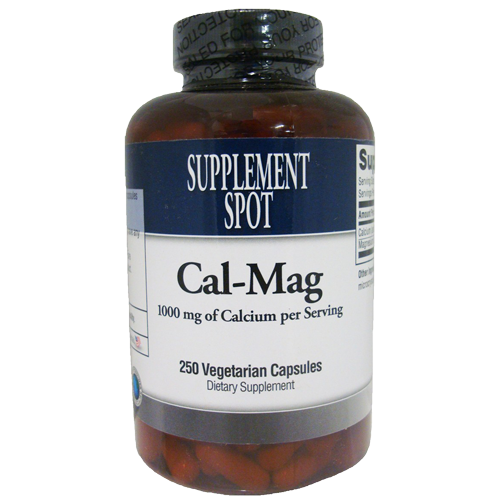


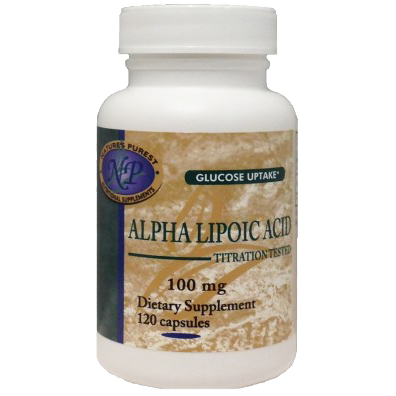
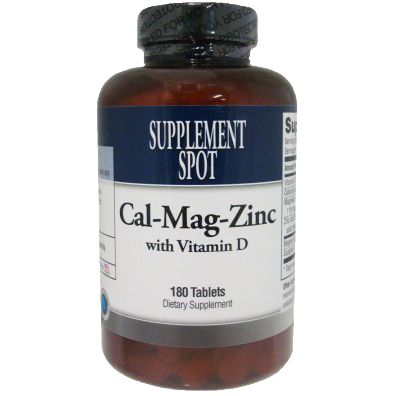
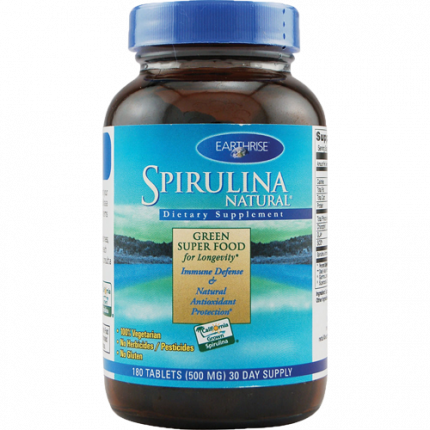
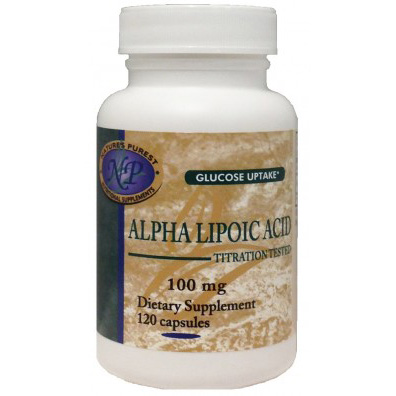



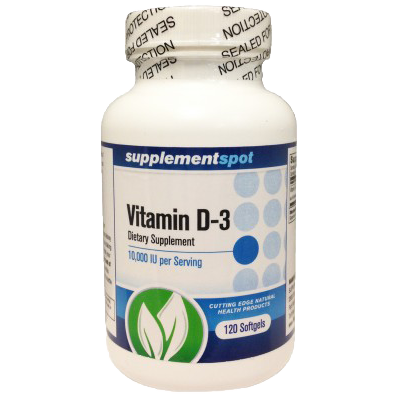
Reviews
There are no reviews yet.